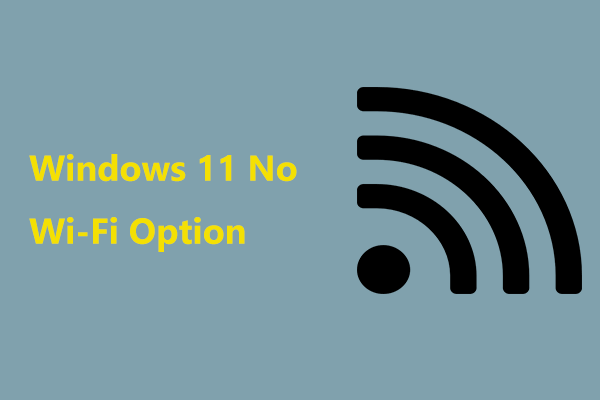Wi-Fi vs. Ethernet: Which Should You Use and Why?

In today’s modern world, internet is a necessity. Whether at home or in the office, accessing the internet has become an everyday feat. However, there are a handful of ways to connect to the internet, but the two most common are Wi-Fi and Ethernet. In this article, we will compare Wi-Fi and Ethernet and help you decide which one to use and why.
Wi-Fi, which stands for Wireless Fidelity, is a wireless technology that uses radio waves to create a wireless network that can connect multiple devices to the internet. On the other hand, Ethernet, also known as Wired Local Area Network (LAN), is a wired technology that uses Ethernet cables to connect devices to the internet using a router.
Speed
Ethernet is generally faster than Wi-Fi, which is essential for people who require access to the internet for tasks such as streaming HD content, playing video games, and utilizing bandwidth-heavy applications. Ethernet allows for faster and more reliable internet connection with speeds up to 10 times faster than Wi-Fi.
Reliability
When it comes to reliability, Ethernet is more dependable since it is a wired technology, making it less susceptible to interference and signal loss issues that could occur with Wi-Fi. Wi-Fi can experience connectivity issues if the network is too congested, too far away from the router, or if there are physical obstacles such as walls or metal objects blocking the signal.
Convenience
Wi-Fi is more convenient than Ethernet, as it allows for easy mobility, especially when using devices such as smartphones, tablets, and laptops. Furthermore, Wi-Fi does not require any cables or wires, making it ideal for people who prefer a clutter-free environment.
Cost
Ethernet is generally cheaper to install and maintain than Wi-Fi. Ethernet cables can be purchased at a low cost, and there are no recurring monthly or yearly fees for using Ethernet. Conversely, Wi-Fi requires a wireless router, which can be costly, and internet service providers may charge additional fees for using a wireless connection.
Security
Ethernet is considered more secure than Wi-Fi, primarily because it is a wired technology. Since Ethernet uses a physical connection to the router, it is less prone to hacking and other cyber threats. Wi-Fi, on the other hand, can be vulnerable to hacking and cyber threats if the network is not adequately secured.
In conclusion, choosing between Wi-Fi and Ethernet ultimately depends on your preferences and requirements. If speed, reliability, and security are your primary priorities, using Ethernet is your best bet. If you prefer convenience and mobility, then Wi-Fi is the way to go. Overall, both technologies offer great benefits, and you can always switch between the two as needed.


